by urban-acupuncture | Oct 12, 2020 | Acupuncture, Massage Therapy
Acupuncture and Massage Treatments
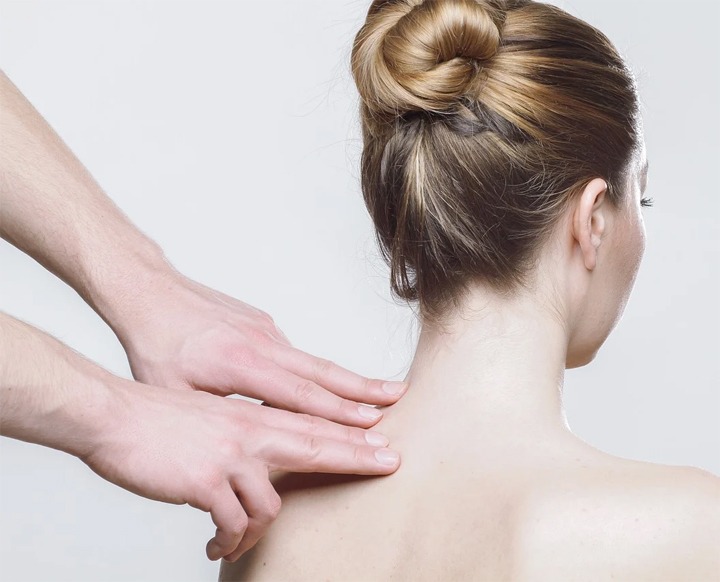 If there was one word that could describe today’s world, many of us would chose “stressful.” And stress takes both a physical and emotional toll on our fragile bodies. Luckily, treatment options such as massage and acupuncture can help address chronic and acute aches and pains caused by stress, illness, and injury.
If there was one word that could describe today’s world, many of us would chose “stressful.” And stress takes both a physical and emotional toll on our fragile bodies. Luckily, treatment options such as massage and acupuncture can help address chronic and acute aches and pains caused by stress, illness, and injury.
By realigning the body’s chi (qi) (vital life force) into proper balance, acupuncture promotes our natural ability to address and heal—at a systemic level—issues stemming from stress, chronic conditions, and even acute injury.
Massage therapy targets the muscles, tissues, and fascia of the musculoskeletal system to alleviate pain, discomfort, soreness, and inflexibility, as well as reduce stress and improve sleep.
Both are powerful stand-alone techniques when performed by a licensed and experienced therapist. However, massage and acupuncture are also complementary; when performed together, they can actually augment the results of each type of treatment.
Here are five reasons why you should consider a combination treatment with both acupuncture and massage:
Improves circulation and blood flow
As our blood flows through every part of our body, it brings life-giving oxygen and nutrients to our cells, while carrying away harmful waste and toxins. Improving circulation and blood flow both in general and in specific areas of the body with both massage and acupuncture simultaneously can promote the body’s natural self-healing processes.
Boosts the immune system
One of acupuncture’s most important benefits is its ability to help boost the immune system, which enables the body to fight off germs such as viruses and bacteria. Massage reduces stress, promotes relaxation, and improves sleep, so the body can focus on fighting off disease and illness. Together, these two treatments can amplify the immune-boosting effects of each one.
Helps manage acute and chronic pain
Both acupuncture and massage can be used to target areas of pain and discomfort, whether stemming from an acute injury or from a chronic condition. Improving blood flow to injured areas and boosting the body’s natural immune system, as noted above, are of great benefit when it comes to reducing pain. Acupuncture and massage can also help break up painful scar tissue and promote muscle relaxation for powerful relief.
Reduces stress
Relaxation and stress reduction are perhaps the most well-known benefits of both massage and acupuncture. Using both massage and acupuncture together to address the physical symptoms of stress can help you sleep better, reduce the occurrence of stress headaches, give you more energy, and overall help you feel better.
Promotes overall well-being
Most importantly, massage and acupuncture together can promote a lasting sense of overall well-being.
By enhancing circulation and proper energy flow, helping the body’s self-healing mechanisms, and minimizing feelings of stress and tension, a combined massage and acupuncture treatment will leave you feeling calmer and more centered. Helping you release negative energy enables more room for the positive energy you need to enjoy life to its fullest.
Contact Urban Acupuncture Center in Columbus, OH For More Information
For more information about how acupuncture, massage therapy and other alternative healing treatments can help you, please contact the Urban Acupuncture Center Board Certified Licensed Acupuncturist’s team at Indianola Ave, Clintonville (614) 725-2488 | Main St, Westerville (614) 426-4406 or click here. Taking new patients in and around greater Columbus, Ohio.
by urban-acupuncture | Oct 1, 2020 | Acupuncture
IVF Preparation
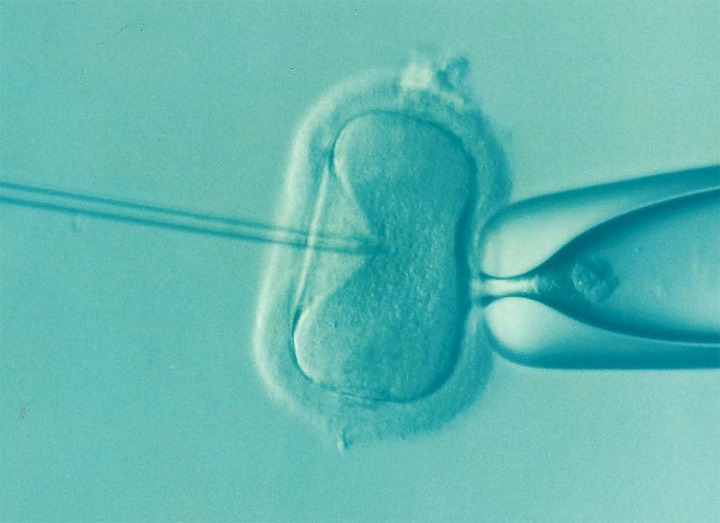 For everyone who has dreamed of becoming a parent, getting pregnant always seemed like it would be the easy part of parenting. Unfortunately, infertility is far more common than most people realize. According to the CDC (Centers for Disease Control and Prevention), nearly 12% of women will struggle with fertility issues at some point in their lives.
For everyone who has dreamed of becoming a parent, getting pregnant always seemed like it would be the easy part of parenting. Unfortunately, infertility is far more common than most people realize. According to the CDC (Centers for Disease Control and Prevention), nearly 12% of women will struggle with fertility issues at some point in their lives.
Modern medicine can help some couples achieve a successful pregnancy. In vitro fertilization (IVF), for example, involves fertilizing a woman’s eggs outside of the body and then placing the fertilized eggs back into the uterus. Pregnancy occurs when one or more of the eggs successfully embeds itself into the uterine wall to begin its natural growth. IVF is an invasive process that can take several months to complete a single cycle. Multiple cycles may be required, putting significant stress on both the body and the mind.
For some women, incorporating acupuncture into the IVF cycle can potentially improve the chances for achieving a successful pregnancy. When performed by a licensed and experienced acupuncture therapist, acupuncture can help prepare your body to promote ovulation and successful implantation. And acupuncture can help improve your overall health and wellbeing as well by reducing stress and correcting natural imbalances. If you are considering IVF, speak to your fertility specialist about whether acupuncture could help increase your chances of a successful fertility treatment.
How Can Acupuncture Help Your IVF Treatment?
Acupuncture can help improve the chances of a successful IVF treatment in two ways.
First, acupuncture has been shown to improve circulation. When incorporated into an IVF cycle, it can increase blood flow specifically to the reproductive organs. Proper blood flow to the ovaries can promote ovulation of healthy eggs. Improved blood flow to the uterus can help prepare the uterine lining which is critical for successful implantation of fertilized eggs. Moreover, by promoting healthy circulation, acupuncture can help ensure the proper flow of nutrition, anti-oxidants, and hormones throughout the reproductive cycle.
Second, acupuncture promotes overall wellness which can also play a role in successful IVF cycles. By addressing and correcting imbalances throughout the body, acupuncture can improve digestive function and reduce inflammation. And by promoting relaxation and restoring balance, acupuncture helps to reduce stress and improve sleep, enabling both your body and your mind to cope better with the physical and emotional stress that comes along with infertility and IVF.
When to Schedule Acupuncture during an IVF Cycle
Before starting acupuncture, taking any medication including herbal remedies, or starting any medical procedure, it is critical that you speak with your fertility specialist to ensure that supplemental treatments promote, and do not adversely impact, your IVF treatment.
There are several steps during your IVF cycle at which it may be appropriate to incorporate acupuncture.
- Three to six months in advance: Acupuncture treatments before your IVF treatment can help promote healthy blood flow to the ovaries and eggs. It also promotes general health to improve your natural balance and build up reserves to prepare the body for the IVF treatment.
- Priming Phase: Weekly acupuncture may be appropriate during the month before your IVF treatment. As you begin the medications necessary to suppress the ovaries in preparation for stimulation, acupuncture will continue to promote healthy blood flow to the ovaries.
- Stimulation Phase: Weekly or even twice weekly acupuncture can promote healthy egg growth as ovulation is stimulated. Because this phase can vary in length, it is important to monitor and alter the acupuncture treatments as necessary.
- Retrieval: Most acupuncture therapists will recommend a treatment 1 to 2 days before the eggs are retrieved. Acupuncture at this point in the cycle can help the eggs grow to full maturity to ensure that they are at the correct stage and size for retrieval.
- After Retrieval: One acupuncture treatment between retrieval and embryo transfer can help relax the uterus and increase circulation to the uterine lining, as well as help relieve discomfort from cramping or other side effects of retrieval.
- After Embryo Transfer: One or two acupuncture treatments immediately after the transfer of the fertilized egg, or embryo, into the uterus can improve the chances for a successful pregnancy. One treatment can be performed that same day or on the following day, with another treatment scheduled three or four days later. Weekly acupuncture throughout the first trimester can help support and promote a continued healthy pregnancy.
Coping with infertility is difficult, and IVF can put added stress on both the body and the mind. Talk to your fertility specialist and acupuncture therapist today to see if incorporating acupuncture into your IVF treatment cycle could help promote the chances that your IVF treatment will result in a successful, healthy pregnancy.
Contact Urban Acupuncture Center in Columbus, OH For More Information
For more information about how acupuncture, massage therapy and other alternative healing treatments can help you, please contact the Urban Acupuncture Center Board Certified Licensed Acupuncturist’s team at Indianola Ave, Clintonville (614) 725-2488 | Main St, Westerville (614) 426-4406 or click here. Taking new patients in and around greater Columbus, Ohio.
by urban-acupuncture | Sep 16, 2020 | Event
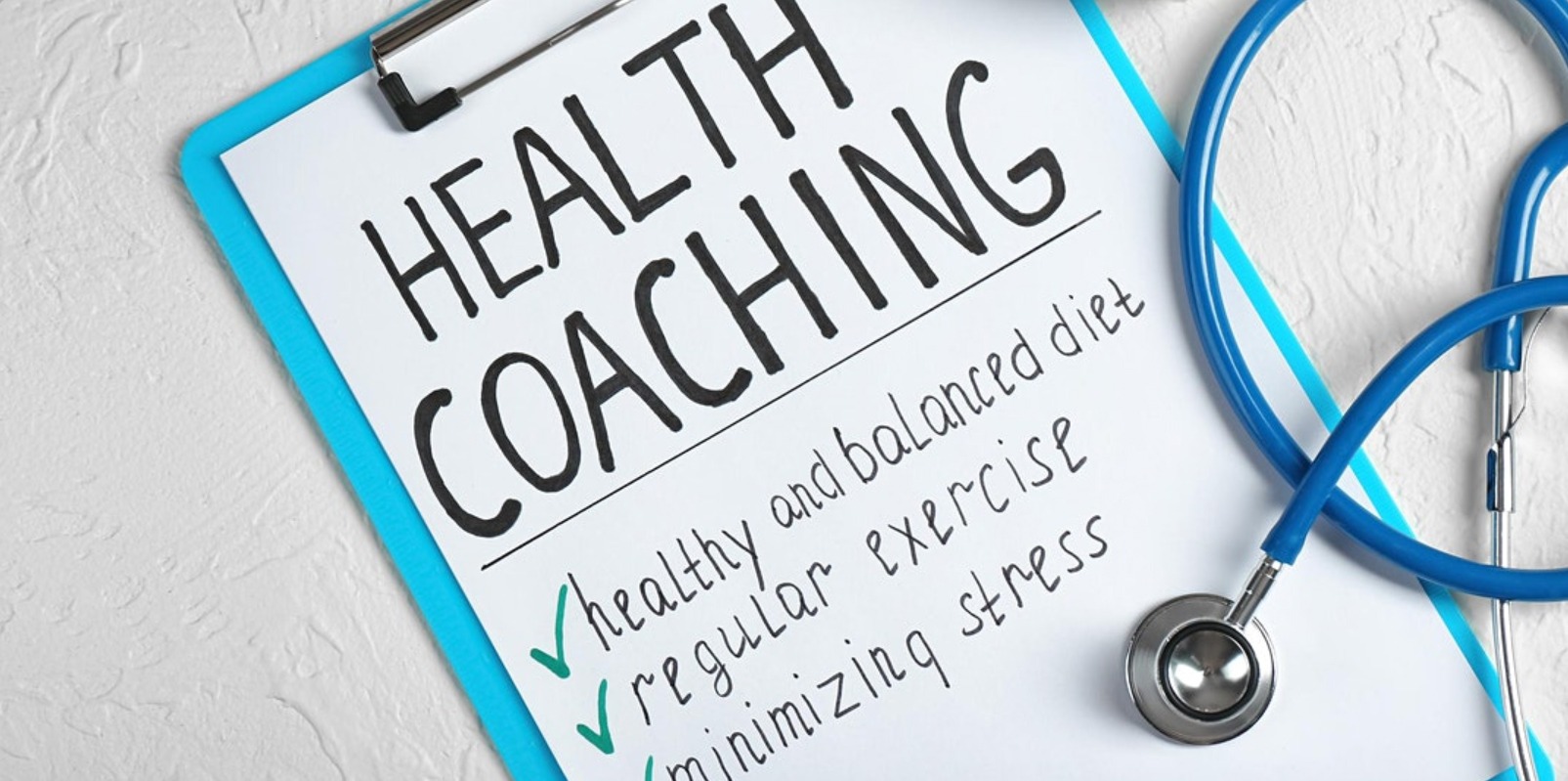 Hear more about the health and wellness coaching and discover how working with a coach can propel your health journey.
Hear more about the health and wellness coaching and discover how working with a coach can propel your health journey.
About the Health & Wellness Coaching Online Class:
If you’re eager to learn more about potentially reversing your chronic conditions and autoimmune diseases, attaining a satisfying work/life balance, better managing stress, developing more consistent sleep patters, reaching your desired goal weight, and much more, you won’t want to miss this class!
Join certified Health & Wellness Coach Alissa Klein for an introduction to coaching. Hear more about the practice and discover how working with a coach can propel your health journey!
This event will be hosted virtually. An access link will be sent to participants prior to the event.
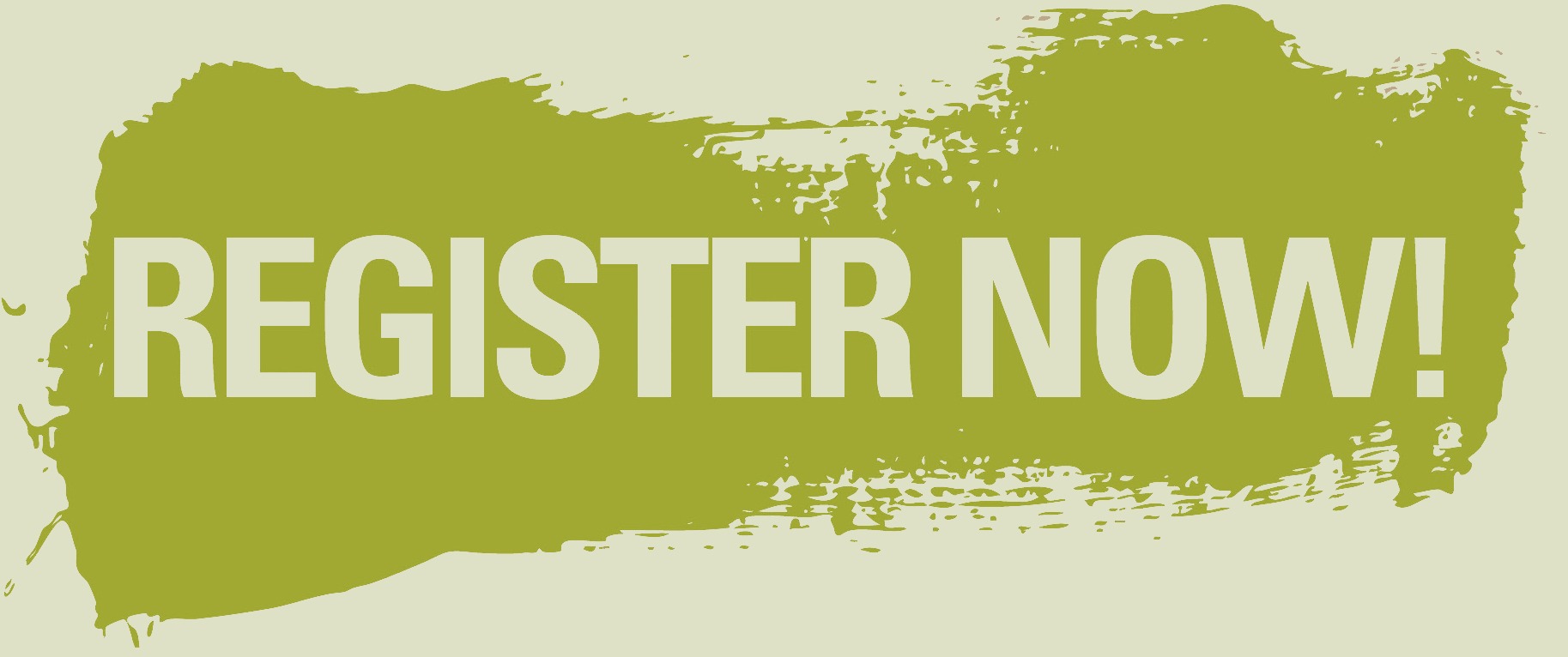
About Alissa: https://urbanacupuncturecenter.org
About Urban Acupuncture Center: https://urbanacupuncturecenter.org/about-us/
by urban-acupuncture | Sep 13, 2020 | Massage Therapy
Deep Tissue Massage vs Sports Massage
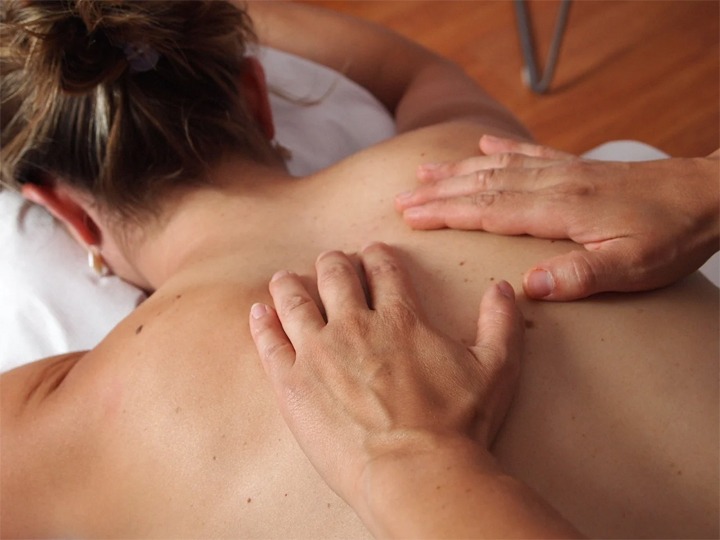 Massage is not a one-size-fits-all treatment. For a massage to be effective and successful, it must be carefully tailored to the needs of each individual. When thinking about what you want to get out of your massage treatment, it is important to understand the difference between various types of massage, and why you may want to choose or request one type over another.
Massage is not a one-size-fits-all treatment. For a massage to be effective and successful, it must be carefully tailored to the needs of each individual. When thinking about what you want to get out of your massage treatment, it is important to understand the difference between various types of massage, and why you may want to choose or request one type over another.
Some massage techniques tend to be appropriate for individuals looking for overall well-being. These techniques—such as Swedish massage—can generally be grouped together as “relaxation massage”.
Some massage techniques are designed to target specific issues, areas of concern, or even injuries. These techniques—such as sports massage and deep tissue massage—are usually known as “rehabilitation massage”.
Both deep tissue massage and sports massage utilize similar bodywork so understanding the differences between them can be a bit confusing. In this blog, we will identify some of the key differences between these two rehabilitation techniques, and offer some guidance on how to choose the right one for you.
Deep Tissue Massage
During a deep tissue massage, your licensed massage therapist will utilize firm pressure and kneading to loosen, stretch, and relax large muscle groups. Generally speaking, it is a whole body technique, or may focus more specifically on the upper body or lower limbs; however, it is not meant to focus on any one specific area of the body or particular injury.
Deep tissue massage is ideal for:
- Relieving muscular tension
- Stress reduction
- Breaking down knots in large muscle groups
- Reducing the build-up of toxins in the muscles
- Increasing circulation and blood flow to the muscles
Sports Massage
A sports massage is a more targeted type of bodywork, utilizing firm pressure and kneading to address specific areas of concern usually—but not always—associated with injury, high volume training, and tight muscles that impede performance.
Sports massage is ideal for:
- Improving muscle flexibility and range of motion
- Improving power and performance in athletes
- Preventing injury
- Addressing DOMS and decreasing recovery time between workouts
- Improving healing time and recovery from injury
Of course, despite the name, you don’t need to be an athlete for sports massage to be appropriate for you. Sports massage may be appropriate for anyone suffering from a specific muscular injury or problem area that would benefit from a reduction in discomfort and pain and an increase in muscular flexibility and range of motion.
Differences and Similarities in Sports Massage and Deep Tissue Massage Techniques
As noted, the main difference between sports massage and deep tissue massage is target and focus. For the most part, the techniques used by your massage therapist, therefore, are likely to be similar. Both types of massage involve circular movements, kneading, pressing, tapping, and vibrations to manipulate the targeted musculature.
Because sports massage is more focused on a specific muscle group, it may also involve passive stretching, which is less likely to be beneficial during a more broadly-focused deep tissue massage.
And there is one other way in which sports massage and deep tissue massage are similar: getting results can be uncomfortable! Both techniques require your massage therapist to use pressure to get into the built-up knots, scar tissue, and problem areas deep within large muscle groups. Therefore, regardless of which technique you choose, you should be sure to communicate honestly with your therapist before and during the massage about your concerns and your expectations.
Sports Massage or Deep Tissue Massage: What Should You Choose?
When deciding which type of massage technique to choose—sports massage or deep tissues massage—it can help to identify why you want the massage in the first place. Do you find that your legs frequently get sore after sitting at a desk or walking all day during work? Then a deep tissue massage focusing on your lower body may be appropriate. Do you have a sore hamstring from a recent recreational hike? Then a sports massage may be more appropriate. Asking yourself these types of questions can help narrow down what you want your therapist to focus on.
If you are still unsure, however, the best thing to do is tell that to your therapist! It’s ok to not be quite sure which one is appropriate. Your massage therapist should start your appointment with an in-depth discussion about any pain or discomfort you are experiencing, your level (or desired level) of activity and exercise, and any ongoing medical concerns. From here, your licensed massage therapist should be able to develop a treatment plan incorporating the correct massage type to address your unique concerns.
Contact Urban Acupuncture Center in Columbus, OH For More Information
For more information about how acupuncture, massage therapy and other alternative healing treatments can help you, please contact the Urban Acupuncture Center Board Certified Licensed Acupuncturist’s team at Indianola Ave, Clintonville (614) 725-2488 | Main St, Westerville (614) 426-4406 or click here. Taking new patients in and around greater Columbus, Ohio.
by urban-acupuncture | Sep 12, 2020 | Acupuncture Columbus
Meditation, Mudras, and Mantra
This online workshop is the first of a series of self care and healing modalities.
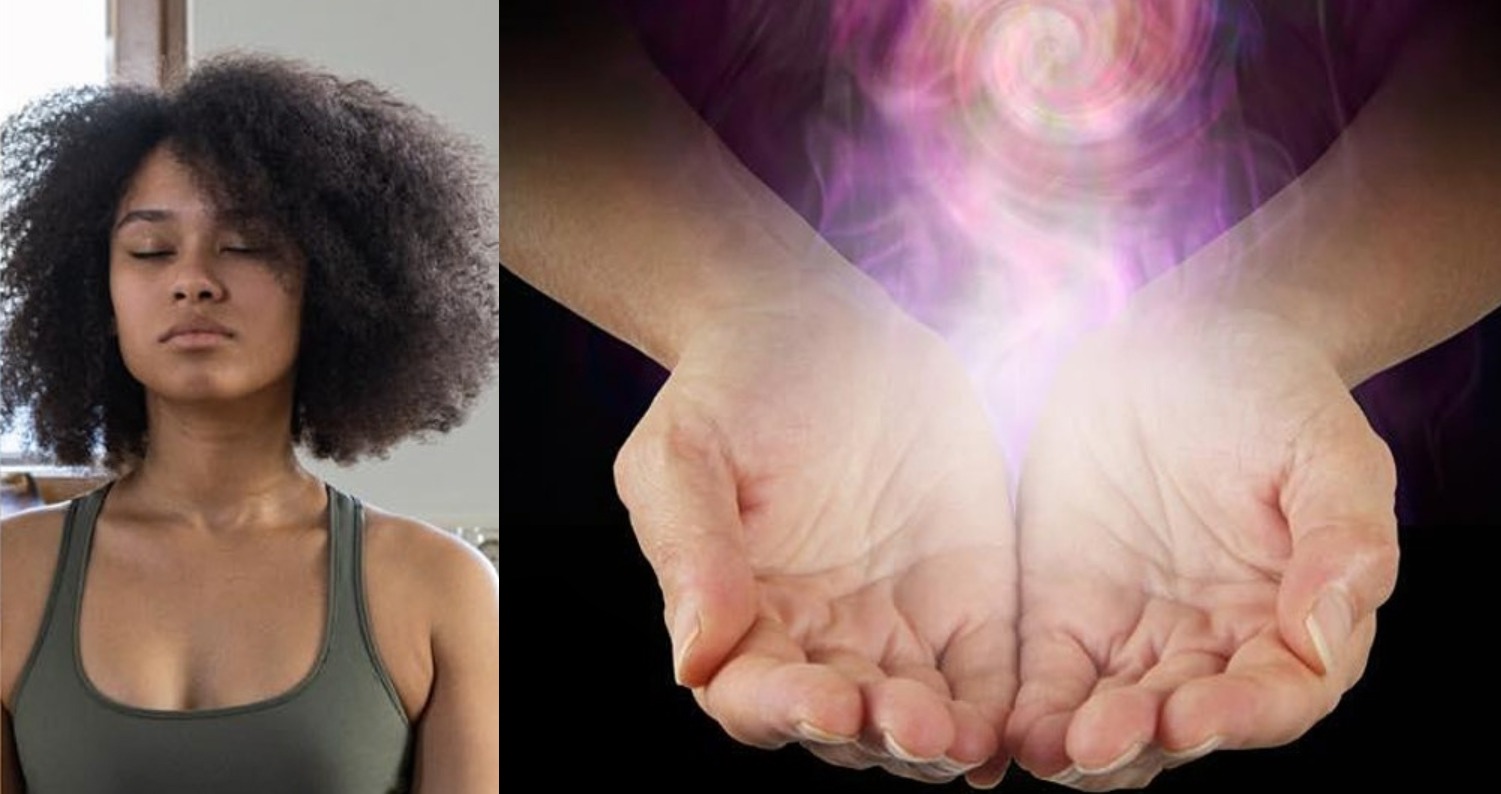 Series Part 2/3 – About this Event
Series Part 2/3 – About this Event
2020 has wrecked havoc on your nervous system, and you could be looking for alternative ways to cope with anxiety and stress.
Dawn will host a guided meditation series that includes calming breath work and peaceful mantras ( a word or sound repeated to aid concentration in meditation).
These ancient techniques require no previous experience and can be useful as a daily practice for calming the mind and soothing the spirit.
This event will be hosted virtually via Zoom. An access link will be sent to registrants prior to the event.
REGISTER NOW!
…………………………………………………………………………………………………………………………..
Intuitive Healing Session
This online workshop is the third of a series of self care and healing modalities.
Series Part 3/3 – About this Event
Dawn will be sharing and in depth energy forecast for the last month of 2020, and some visions of the next year. This includes a psychic reading for the group to gain insights. This session will end with a group distance Reiki healing session.
What is distance Reiki?
The distance symbol is used to cross any distance in time or space. It allows practitioners to clear blockages from someone’s past, as well as perform reiki on someone who is not physically present. Distance Reiki works according to an ancient principle called the Hermetic Law of Similarity, which holds that we are all connected, as we are all made of energy and part of a larger whole. Invoking this law during a distance Reiki session allows the practitioner to link up to the energy field of the recipient.
How it works:
Distance Reiki can be sent to anyone, anywhere and at any time—though permission should be invoked or received in some way. When I’m performing reiki on someone who is not present, I’ll typically work with the recipient’s photo and a healing crystal. Other practitioners, however, might say that these objects unnecessary since Reiki energy can be sent to anyone simply by directing thoughts and energy to that person.
Regardless of distance, Reiki can have benefits such as increasing feelings of relaxation, happiness, empowerment, and ease.
We all have access to the life force energy, otherwise known as our chi, qi or prana, that flows through each and every living being. Distance Reiki is one of many ways to link to and channel this energy for the healing benefit of others.
This event will be hosted virtually via Zoom. An access link will be sent to registrants prior to the event.
REGISTER NOW!
 If there was one word that could describe today’s world, many of us would chose “stressful.” And stress takes both a physical and emotional toll on our fragile bodies. Luckily, treatment options such as massage and acupuncture can help address chronic and acute aches and pains caused by stress, illness, and injury.
If there was one word that could describe today’s world, many of us would chose “stressful.” And stress takes both a physical and emotional toll on our fragile bodies. Luckily, treatment options such as massage and acupuncture can help address chronic and acute aches and pains caused by stress, illness, and injury.
 For everyone who has dreamed of becoming a parent, getting pregnant always seemed like it would be the easy part of parenting. Unfortunately, infertility is far more common than most people realize. According to the CDC (Centers for Disease Control and Prevention), nearly 12% of women will struggle with fertility issues at some point in their lives.
For everyone who has dreamed of becoming a parent, getting pregnant always seemed like it would be the easy part of parenting. Unfortunately, infertility is far more common than most people realize. According to the CDC (Centers for Disease Control and Prevention), nearly 12% of women will struggle with fertility issues at some point in their lives. Hear more about the health and wellness coaching and discover how working with a coach can propel your health journey.
Hear more about the health and wellness coaching and discover how working with a coach can propel your health journey.
 Massage is not a one-size-fits-all treatment. For a massage to be effective and successful, it must be carefully tailored to the needs of each individual.
Massage is not a one-size-fits-all treatment. For a massage to be effective and successful, it must be carefully tailored to the needs of each individual. Series Part 2/3 – About this Event
Series Part 2/3 – About this Event